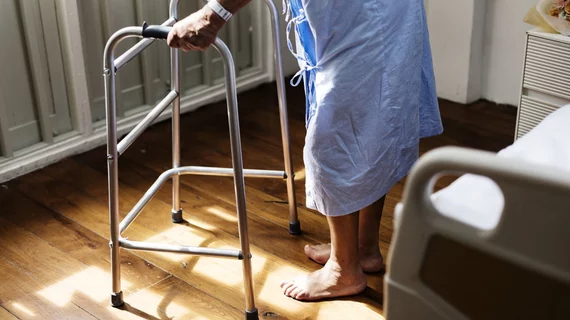After heart attack, older patients have longer hospital stays but smaller total bills
Heart attack patients aged 65 and up stay hospitalized longer than those aged 65 or under—yet the seniors ring up significantly smaller bills per stay. The bad news is that the “savings” likely come in the form of fewer percutaneous coronary interventions (PCIs, aka angioplasties) to open blocked heart arteries nonsurgically.
The net effect is worse outcomes for the older patients, according to findings presented at and disseminated from an annual gathering of the American Heart Association.
Drawing data from the 2014 Nationwide Inpatient Sample, lead author Wojciech Rzechorzek, MD, of Mount Sinai St. Luke’s in New York, and colleagues reviewed the cases of 115,042 heart attack patients. The large sample was about equally split along the over-65 and 65-or-younger cohorts.
The team found patients in the older group, which had an average age of 78, were 34% less likely to receive PCI and 36% less likely to have a stent inserted.
And the subgroup of seniors who did get the stent had it placed within 48 hours much less frequently than the younger group.
The average extended length of stay was half a day. The reduction in total hospital charges owing to less PCI utilization was around $3,200.
As for the outcomes, the older patients were 62% more likely to develop heart failure, 28% more likely to go into shock, 21% more likely to experience cardiac arrest and 10% more likely to need assistance from a breathing machine.
The decision to delay PCI or not provide it at all seemed pivotal since drugs and surgeries were performed about equally between the two age groups.
“I am surprised that the costs of stay are lower despite the increased length of stay,” Rzechorzek said, “but this could be primarily driven by decreased use of PCI, which is an expensive procedure.”
The authors called for studies evaluating the impact of PCI on outcomes prospectively, emphasizing the need to include substantial numbers of elderly patients in any such research going forward.

